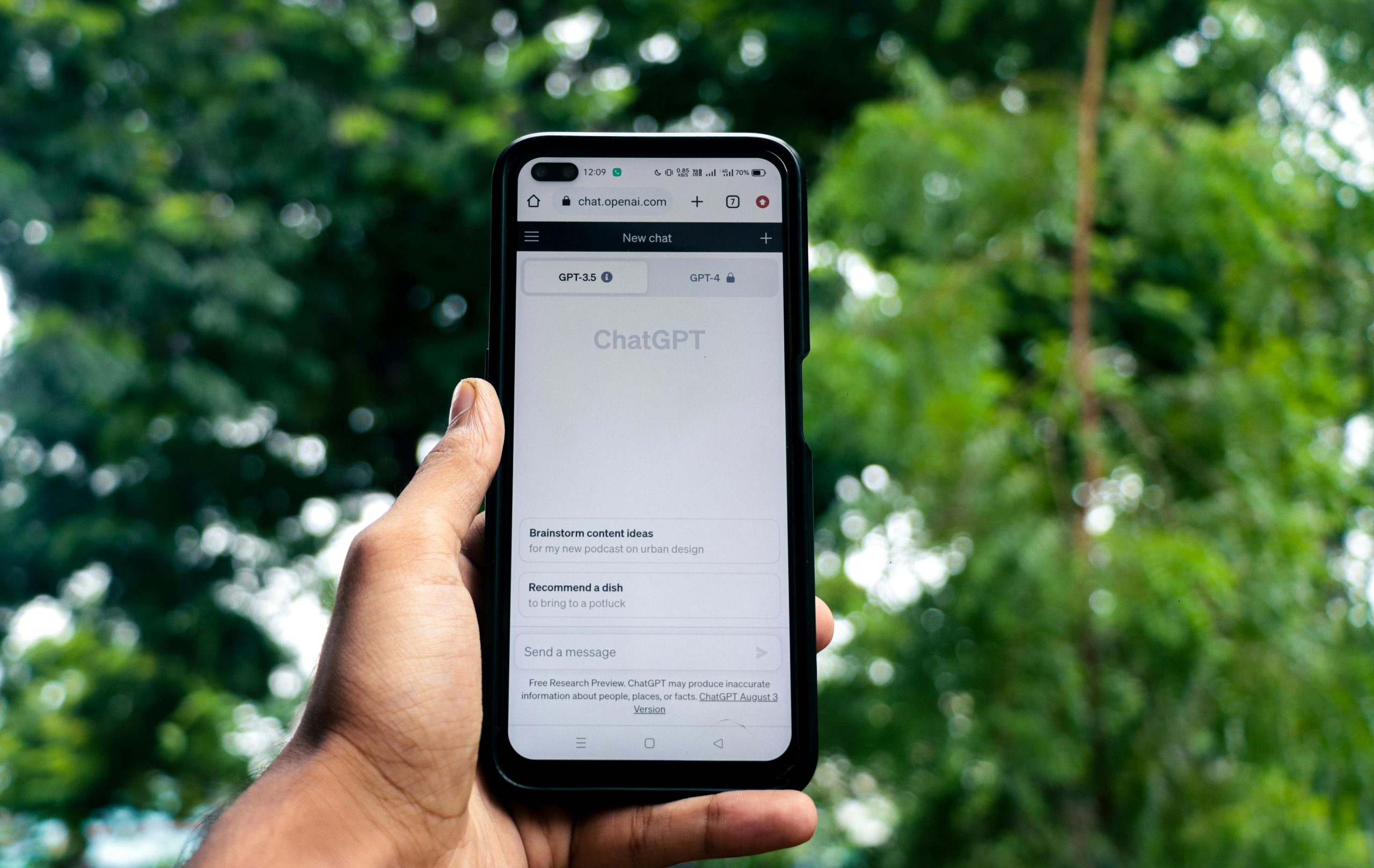Exploring Free Methods to Monitor Your Brand’s Presence in AI Search Results
In the rapidly evolving landscape of search engine optimization and digital branding, maintaining visibility across AI-driven search results has become increasingly vital. While numerous third-party tools have emerged offering advanced AI optimization analytics, most come with substantial price tags—posing a challenge for businesses operating on limited budgets.
The Challenge of Budget-Conscious Brand Monitoring
For many digital marketers and brand managers, the expense associated with specialized AI search tracking tools can be a significant barrier. These solutions promise valuable insights but often require ongoing subscriptions, making them less accessible for small businesses or clients with tight budgets.
In such cases, marketers might turn to manual methods—like conducting GEO audits—to assess their visibility. While effective, such manual processes are often time-consuming, labor-intensive, and lack the scalability needed for ongoing monitoring.
Are There Free Alternatives for Tracking AI Search Results?
Fortunately, there are several approaches to track your brand in AI search results without relying on paid tools:
-
Manual Search Inspection: Performing regular searches using incognito mode and adjusting location settings can help identify how your brand appears across different regions and devices. However, this method becomes impractical for frequent monitoring.
-
Custom Google Alerts: Setting up Google Alerts for your brand name and related keywords is a cost-effective way to stay informed about new mentions. While this doesn’t directly track AI-generated search snippets, it offers insight into your online presence.
-
Utilize Search Engine Features: Many search engines today offer tools or settings that allow you to customize and analyze search results. For example, Google’s Search Console provides valuable data on your website’s performance, which can indirectly help monitor your visibility in search results.
-
Leverage Open-Source Tools and Scripts: Some SEO communities have developed open-source scripts and browser extensions that aid in collecting search result data. These require a bit of technical know-how but can be customized to fit specific tracking needs.
Optimizing Manual Monitoring Efforts
While manual methods may seem laborious, their effectiveness can be enhanced through systematic approaches:
-
Consistent Search Queries: Maintain a list of targeted keywords and perform searches at regular intervals, noting changes in your brand’s appearance.
-
Document Results: Keep detailed records of your findings over time to identify trends and shifts in your search visibility.
-
Automate When Possible: Use scripting tools like Python with libraries such as Selenium or Beautiful Soup to automate data collection, reducing manual effort.
**Conclusion

